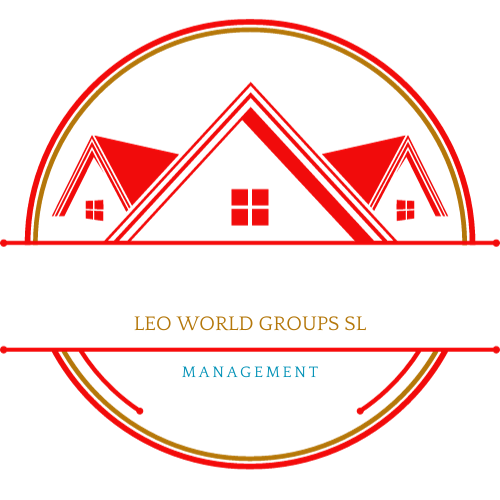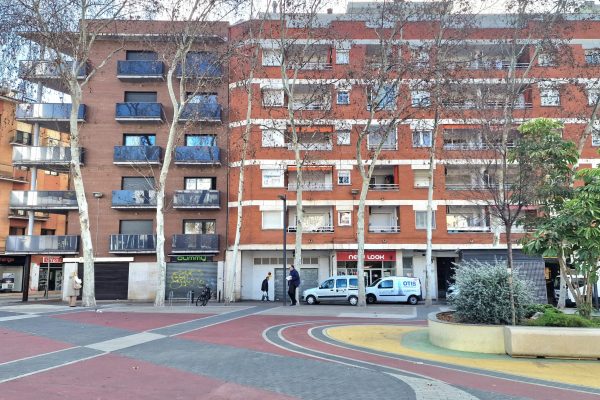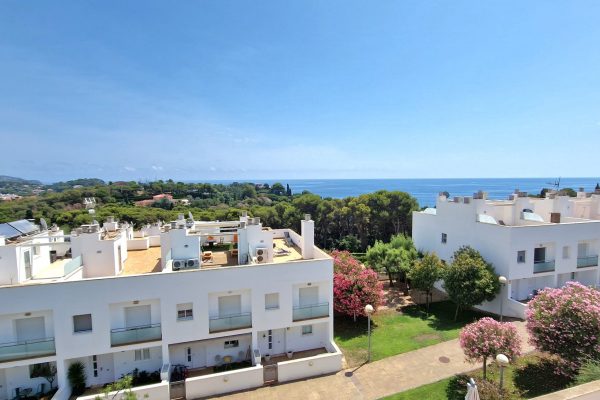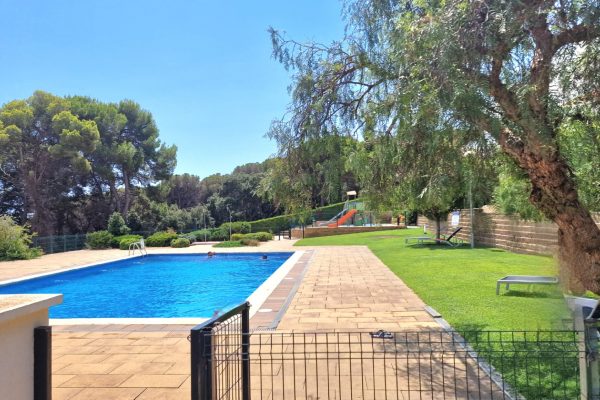💻 New destinations for digital nomads
In 2021, taking advantage of the spread of remote work, more than 30 countries have introduced visas for “digital nomads”. These immigration programs proved to be so popular that in the future they were launched by about ten more countries, and as many more announced their intention to do so in the foreseeable future.
🇪🇸 The Spanish Startup Law, one of the main provisions of which is the granting of visas to “digital nomads” from countries outside the EU, came into force on January 1, 2023. In accordance with it, employees of foreign companies can apply for such a visa, receiving from them 80% of their income (in total – at least 2000 € per month). At the same time, their work experience must exceed 3 years, and the “age” of the company – 1 year. You can stay in the country for the same amount, after which, subject to all conditions, the visa is extended for 2 years, and then for another 2.
🇲🇪 The Montenegrin authorities decided to issue a “digital nomad” visa with a residence permit for up to two years on October 22, 2022. Applicants for it must show a monthly income of 1350 € and confirm the fact of working for a foreign company. At the same time, digital nomads will not be able to work for local companies, provide services to individuals and legal entities, or open a business here, although in return they will be exempted from paying income tax.
🇵🇹 In Portugal, a special visa for “digital nomads”, allowing you to stay in the country for 1 year with the possibility of further extension, was introduced on October 30, 2022. Previously, they could do this by obtaining a residence permit in Portugal on a visa for freelancers and financially independent persons D7 or under the Manifestação de Interesse program. The new visa has more benefits, but the financial requirements are higher: verified monthly income must be 2820 € per month instead of 705 €.
🇦🇷 In Argentina, “digital nomads” can stay for six months and further extend their stay for the same period. However, only citizens of those countries with which an agreement on visa-free entry is concluded can use this program. The package of documents required to apply for this type of residence permit, in addition to the standard set, includes an employment contract with a foreign company, proof of income, a diploma of education and a resume indicating work experience.
🇪🇨 In Ecuador, a two-year residence permit for “digital nomads” with a possible extension for another two years is issued from October 2022. Applicants must earn at least $1,275 per month or $15,300 per year, which must be documented. Unlike most countries inviting remote workers, you will have to pay a not so symbolic amount for obtaining a residence permit – about 450 USD.
🇨🇴 The residence permit for “digital nomads” in Colombia is also valid for two years. At the same time, it can be requested not only by foreigners working remotely, but also by those who would like to open a business in the field of digital technologies here. The minimum monthly income that you need to demonstrate for this must be 2250 USD.
🇨🇷 Costa Rica, issuing visas for digital nomads under the 1+1 year scheme, requires a minimum income of 3,000 USD per month per applicant and 4,000 USD if he is going to come with a family member. Such a high bar was set based on the fact that the majority of those wishing to move to this country live in the United States and are highly paid qualified specialists.
🇮🇩 The record duration of digital nomad visas (5 years) will be in effect in Indonesia, which is going to launch a program during 2023. It is assumed that the income of foreigners received from working remotely for an overseas company will not be subject to local taxes, although the final conditions and requirements have not yet been announced.
#emigration #remote work #visas #residence permit
#lloretmania
#slcostaprimaverasl
Продажа недвижимости на побережье Коста Брава
This entry is also available on:
![]() Français
Français ![]() Deutsch
Deutsch ![]() Русский
Русский ![]() Español
Español
















